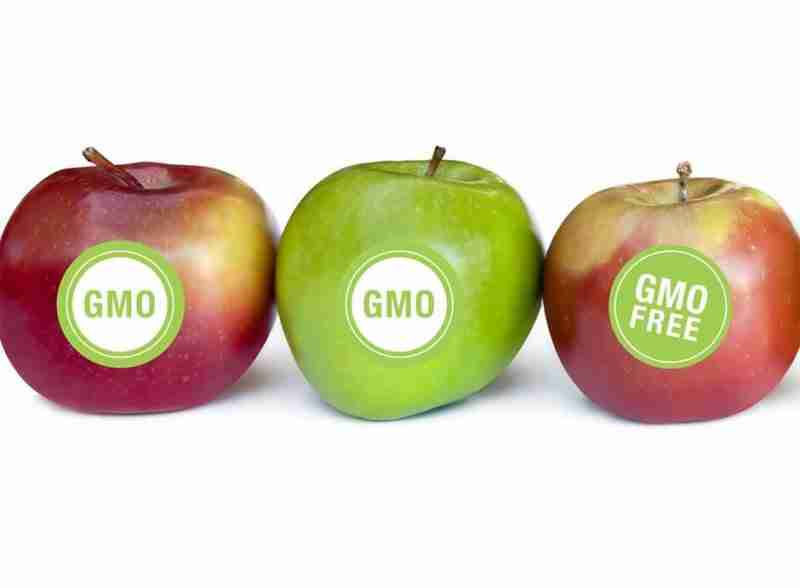Imagine that some enterprising souls in the U.S. decide one day that shoes are bad, and begin drumming up support and waging communications campaigns to convince the country to go “Shoe free.”
…
Before long, we start seeing stories in our social media feeds about how thousands of people are being hurt by shoes…
Then the movement starts to catch on, and before long we are seeing signs and packaging labels plastered all over the stores we shop in and on the products we buy (even if they have nothing to do with shoes)…
…
The point of this story? To provide a relatable illustration of what the scientific and agricultural communities have observed with the “Free-From Label Movement” — particularly with the labeling of foods produced with genetically modified crops, or “GMOs.” We now see “Non-GMO” signs and labels everywhere we go — even on products for which there is no GMO alternative (there are only ten GMO crops commercially approved in the U.S.).
…
Some of the labels we see border on absurdity, such as gluten-free water or non-GMO salt (since salt is a mineral, not a living organism, and therefore has no genes). Or, as most scientists would be quick to point out, everything you eat is made of chemicals and “natural” does not imply safe or healthy — which renders those labels basically meaningless.
Read full, original article: No More Shoes: A Different Perspective on Free-From Food Labeling



































